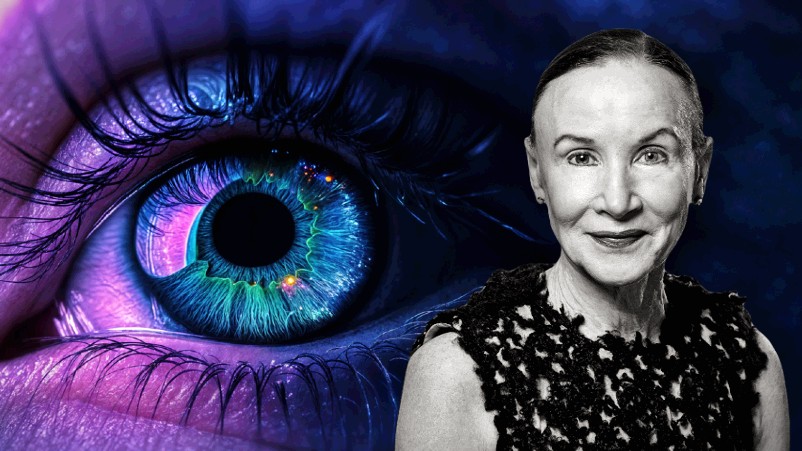Microsoft counterstrike: Alphabet CEO Sundar Pichai reveals ChatGPT competitor — Bard AI

Stung by the popularity of ChatGPT, Alphabet swings into action. Initial focus of its generative AI play is on search, which is suddenly a contestable market again for the first time in 20 years.
What you need to know:
- Alphabet responds to threat from ChatGPT.
- Opens the tool to a select group of testers.
- Public release is a few weeks away.
- Initial focus is on improving search.
- 'Don't be evil': Claimed safeguards in place.
We’ve been working on an experimental conversational AI service, powered by LaMDA, that we’re calling Bard.
Alphabet wasted little time responding to the looming threat generative AI poses to its core search business – and the longer term threat that Microsoft, which is likely to end up with almost 50 percent equity in ChatGPT creator OpenAI, poses to its dominance.
Sundar Pichai, Alphabet's CEO this morning revealed Bard A.I., the company's counterstrike to potentially the biggest disruption of its core market since the business was founded in 1998.
Per Pichai: "Two years ago we unveiled next-generation language and conversation capabilities powered by our Language Model for Dialogue Applications (or LaMDA for short). We’ve been working on an experimental conversational AI service, powered by LaMDA, that we’re calling Bard. And today, we’re taking another step forward by opening it up to trusted testers ahead of making it more widely available to the public in the coming weeks."
He said Bard is designed to combine the breadth of the world’s knowledge with what he describes as the power, intelligence and creativity of Alphabet's large language models.
"We’re releasing it initially with our lightweight model version of LaMDA. This much smaller model requires significantly less computing power, enabling us to scale to more users, allowing for more feedback. We’ll combine external feedback with our own internal testing to make sure Bard’s responses meet a high bar for quality, safety and groundedness in real-world information."
The Alphabet chief also highlighted the company's AI pedigree. "We have a long history of using AI to improve Search for billions of people. BERT, one of our first Transformer models, was revolutionary in understanding the intricacies of human language. Two years ago, we introduced MUM, which is 1,000 times more powerful than BERT and has next-level and multi-lingual understanding of information which can pick out key moments in videos and provide critical information, including crisis support, in more languages."
Pichai said Alphabet's newest AI technologies would create new ways to engage with information, from language and images to video and audio.
"We’re working to bring these latest AI advancements into our products, starting with search."
While people have traditionally turned to Google for quick answers, he said they are now increasingly looking for deeper insights and understanding.
"AI can be helpful in these moments, synthesising insights for questions where there’s no one right answer. Soon, you’ll see AI-powered features in search that distill complex information and multiple perspectives into easy-to-digest formats, so you can quickly understand the big picture and learn more from the web."
Don't be evil
The company would introduce new AI capabilities in a responsible way, Pichai promised.
"In 2018, Google was one of the first companies to publish a set of AI Principles. We continue to provide education and resources for our researchers, partner with governments and external organisations to develop standards and best practices, and work with communities and experts to make AI safe and useful," he said.


